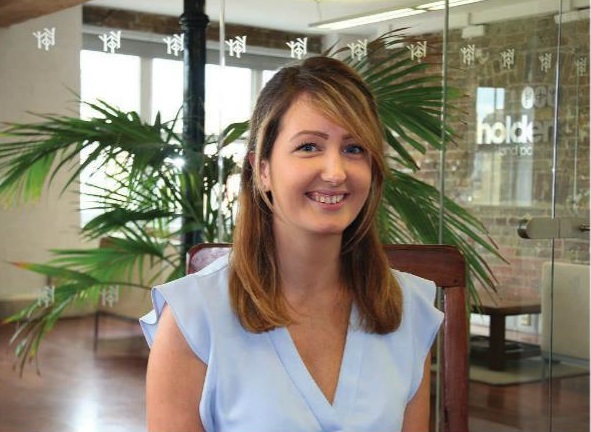What frustrates you about the job?
As to what is the most frustrating part of the job, again it is no surprise that she points to trying to get accurate information out of providers, especially in a timely manner. “Over the time that I’ve been paraplanning I’ve seen the timescales and the service levels just get worse and worse,” she says. In order to deal with this, as soon as she receives a report request from an adviser, she will contact all the providers for the information she needs. This can help, she says, “but then sometimes when you ask for information you don’t get everything back that you’ve asked for, and you can find a whole report is held up because someone has not given you one small but vital piece of information, which can be really frustrating.”
Also, she adds, “when you’re quoted 21 working days to get a piece of information that can be a nightmare, as both the adviser and the client are expecting a report before then. So you have to learn to have the ability to put pressure on people to give you the information that you need as quickly as possible.”
Some providers are so bad, she suggests that the service level standards should really form part of any duty diligence process on the providers with which a firm will deal. “If a provider is holding you up all the time by not providing information in a timely manner or simply not giving you what you need, then they are stopping you from providing good service and quality advice to your clients. This in turn can reflect badly on us as an adviser firm, making us look unprofessional because we are not meeting clients’ expectations. It means we are constantly having to manage client expectations based on someone else’s quality of service.”
Professional community
A positive aspect of being a paraplanner, she says, is the professional community and, in particular, its willingness to share information and experiences. “This has been greatly helped by the growth in the use of Twitter,” she says. “It’s great when you have a paraplanning question and you can just put a tweet out and somebody will come back to you and help with the answer. That’s quite cool.”
Likewise, attending the Powwows in the South has been inspirational, as well as providing practical help, she says. “When you’re working on your own or with just a small number of paraplanners, it can be really good to go to a meeting where everyone shares information, talks about the systems they use, how they may do things differently and offer tips to help you do your job better.”
What’s particularly interesting, she adds, is just how differently people work. “When writing reports, for example. There isn’t much in the way of guidance as to what should be in a report, so it’s really useful to hear how other people do it.” On the matter of reports, Hannah says while it’s easy to see why firms produce large reports in order to cover their backs, she believes any report should be focused on the client and their ability to read and understand it. “I’ve seen reports that are very repetitive, saying the same things over and again to make sure that the firm is covered. But that makes for terrible reading for the client, if they can even be bothered to read it.
“What I like about the reports for Holden and Partners is that they are quite short. We cover what we need to – an ISA report can be three or four pages, including any necessary appendices. We break it down as much as possible to make it really client friendly. And we do it in a letter format, so it really is personal to that client.”
Advice for budding paraplanners
Hannah’s advice for anyone wanting to be a paraplanner is to get started as soon as possible and not to be afraid of starting as an administrator. “I started in administration and I would say that is a great place to learn the basics of the industry. But I think if you start in administration then you really need to work in an office that also offer paraplanning. This is particular so if you aren’t already in the financial services industry, because you can learn the basics. Also having started in administration, you understand the processes and what’s required, so when yo are working with administrators you will be better able to let them know what’s required of them because you‘ve done the job yourself.
“Then start to take exams and get your qualifications as soon as possible and to learn as much as you can about the industry by attending conferences and seminars and powwows, and reading to improve your technical knowledge.” So does she think the profession can attract new people into it? “I think what we’ve got to do is raise the paraplanning profile in general. The difficulty, of course, is that you can’t consider paraplanning as a career if you don’t know it exists.
I only heard about it because I met people in the industry in the role. I think it’s great that we now have Professional Paraplanner but the way we are going to get more people to learn about the profession is probably through social networking, through people from the profession presenting at conferences and seminars. A good idea would be to attend some of the graduate fairs. It’s that kind of thing that’s going to help raise awareness of paraplanning as a career option.”
Page: 1 2






























